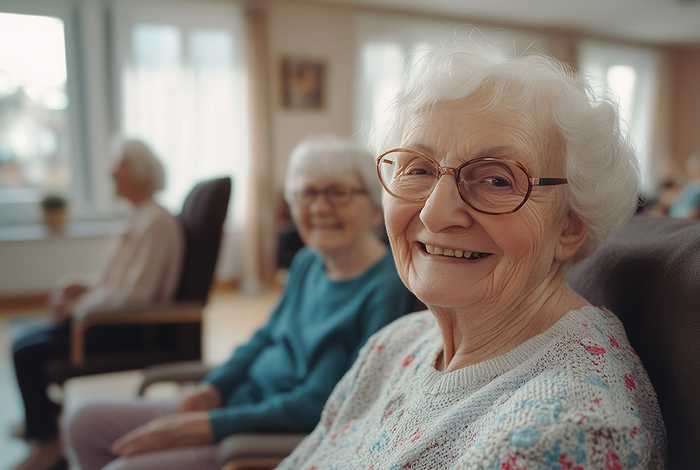Posted by Rob King
COVID19: 5 Steps to help people living with dementia.
5 steps to help people living with dementia whilst social distancing policies are in place during the coronavirus pandemic.
We understand this is a very worrying time for everyone, but especially for those living with dementia, and indeed for those who are caring for them. For carers, it's exhausting enough, but now with social isolation policies in place, much of the support they had before Covid-19 has been reduced or removed altogether. For those caring for loved ones living with dementia, the pressure can seem relentless – especially if the dementia is quite severe. So it’s critical that carers try to keep their spirits up and keep giving themselves little breaks, when and wherever they can grab them.
Whether or not you’re living with your loved one there are still measures you can take to help support them.
These 5 steps will help anyone trying to manage a person living with dementia during this period.
Step 1.
Hands should be washed often and well with soap and water or by using hand sanitiser. Items that are handled a lot such as phones, remote controls and taps should be regularly sanitised. Prevention is better than cure, so ensure that anyone coming in or out of the property understands and goes through the correct and appropriate processes.
Speak to your GP or local pharmacy to arrange delivery of medicines. For food supplies use online shopping where possible. Vulnerable people are eligible for priority bookings so be sure to register that fact with the Government. Ask family members, friends or a community volunteer for help.
Put arrangements or a plan in place should you or the person you care for become unwell.
Make sure emergency numbers are prominently displayed. Consider getting a mandate to help with/ take over banking. Pack an overnight bag with essentials in case of hospitalisation. And for belt and braces, fill out the Alzheimer’s Society This Is Me form just in case it's needed at any point.
Step 4.
Stay mentally and physically active with gentle exercises for both mind and body. Read. Sing. Paint. Play board games. Tell jokes. Reminisce.
To help stay physically fit, movement and flexibility are key, so any simple arm, hip or leg stretching exercises will all be valuable. If you are able to access them, there are plenty of videos online that will have programmes you can follow.
Finally don't forget that in many areas now, local support groups are being set up by neighbourhood watch, parish, community groups and others to help the elderly, vulnerable and self-isolating. There’s also the NHS Volunteer Responders who may be able to help depending on your area.
Our thanks to the Alzheimer's Society for helping us put this blog together. If you need more advice and want to talk to somebody, call Autumna on 01892 335 330.
For help finding care visit: www.autumna.co.uk
Other articles to read
Autumna Blog

Older Persons Care Advice
Guide to rural retirement villages in the South
April 25th, 2025
Discover the peace of rural retirement villages in the South of England. Explore options that balance independence, support, and countryside charm.

Older Persons Care Advice
Ultimate guide to care homes in Norwich
April 23rd, 2025
Discover the best care homes in Norwich—explore lifestyle-focused options, top-rated services, and how to choose the right home with confidence.

Older Persons Care Advice
How to find an adult day care centre near you
April 22nd, 2025
Looking for an adult day care centre near you? Discover how to find safe, joyful care for your loved one—and support for yourself—on Autumna.






